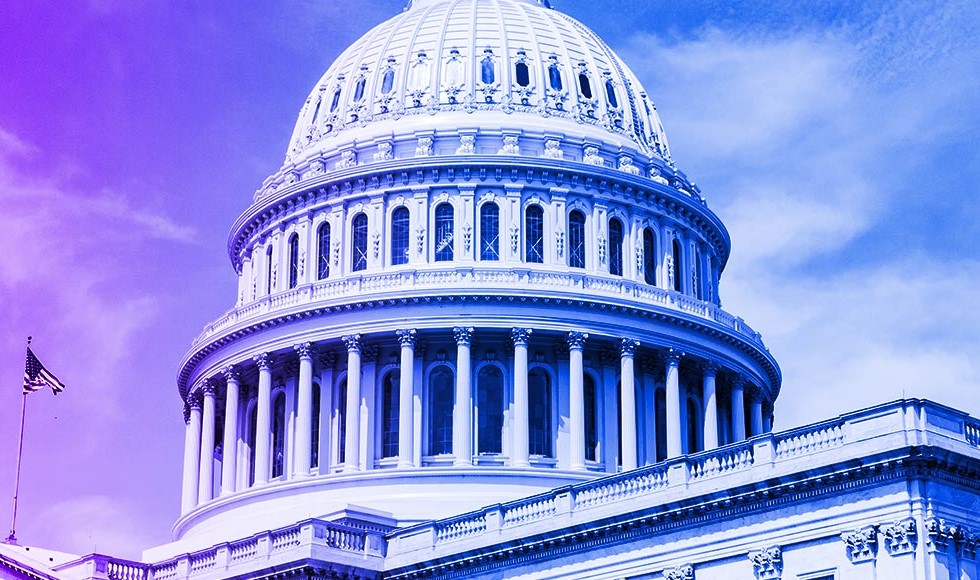Evolving risk: Event contract surveillance
An event contract is a type of binary futures contract, with outcomes structured as “yes” or “no” (similar to a “bet”).

An event contract is a type of binary futures contract, with outcomes structured as “yes” or “no” (similar to a “bet”). These contracts provide payoffs based on the occurrence of specific events, such as economic indicators, company performance, financial markets, election results, weather outcomes, and other measurable events.
There are significant concerns regarding the use of material nonpublic information (MNPI) in event contract markets, which pose a substantial threat beyond the integrity of these markets to the firms and individuals themselves. To protect their reputation, comply with regulatory requirements, and uphold the highest standards of ethical conduct, financial service firms must take proactive measures to identify, mitigate, and prevent such risks.
Risks and challenges
- Exploitation of sensitive information: Employees with access to MNPI may misuse it to enter into event contracts, such as those predicting outcomes of financial events.
- Market distortion: Insider-driven trades can disrupt the market's integrity.
- Regulatory and legal consequences: Lack of controls and appropriate safeguarding of MNPI could result in a regulatory action, hefty fines, and significant reputational damage.
Dive into our thinking:
Evolving risk: Event contract surveillance
Download PDFStrategic measures
- Prohibit event contracts: Firms may consider banning the trading of event contracts entirely to eliminate the risk of insider trading and potential conflicts of interest.
- Allow event contracts with provisions: Firms may allow trading of event contracts requiring some degree of provisions for employee conduct (e.g., banning financial-based event contracts, requiring annual attestations from employees to confirm their understanding and compliance with anti-insider-trading policies, and mandating disclosure of accounts held with platforms offering event contracts, such as Kalshi and Crypto.com).
Solutions
Gap analysis
- Assessment of current policies and procedures: Perform a gap analysis to identify weaknesses in existing policies, procedures, and controls, e.g., policies prohibiting the use of MNPI.
- Benchmark leading practices: Benchmark against industry leading practices and regulatory standards to ensure robust and comprehensive safeguards.
- Implementation of remedial actions: Develop and implement remedial actions to address any identified gaps, such as strengthening compliance programs, revising controls, and updating training curricula.
Enhanced supervisory measures
- Pretrade approvals: Establish protocols where employees must seek preapproval for trading in event contracts, ensuring compliance with internal policies and mitigating conflicts of interest. Implement a preclearance policy that restricts employees on a deal team from trading event contracts to prevent conflicts of interest and ensure compliance with insider trading regulations.
- Real-time surveillance systems: Flag suspicious transactions and maintain detailed records of all trades to support thorough audits and regulatory compliance.
Restrictions on trading specific asset types
- Prohibited trading lists: Create and communicate a restricted list of asset types, including event contracts closely tied to the firm's activities.
- Role-based access: Restrict trading permissions based on role, level, and access to sensitive information.
Policy updates and employee training
- Regular policy updates: Ensure policies are dynamically updated to cover new trading instruments and evolving risks in event contract markets.
- Targeted training programs: Conduct regular training for employees on recognizing and avoiding insider trading, focusing on compliance with regulatory changes and emerging risks.
Explore more insights

Compliance program hygiene
Key Issues and Industry Standards

Insights into recent SBSD and SD examinations
KPMG LLP has identified common compliance challenges, solutions, and industry insights in NFA and SEC exams

Special Alert: Digital Assets/Cryptocurrency Regulation
Regulatory shifts related to establishing a framework for crypto assets

Model risk management
A prudent blueprint outside of financial services
Meet our team


